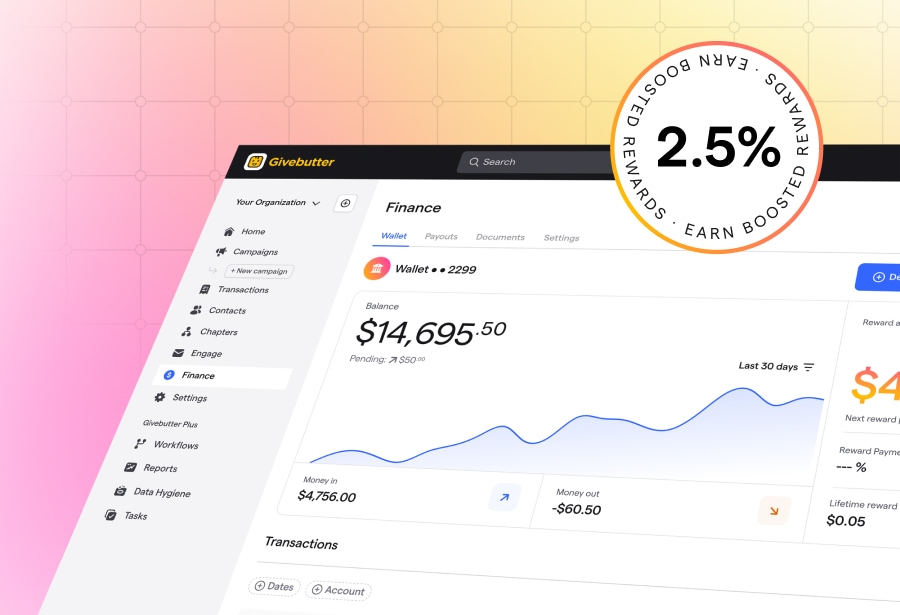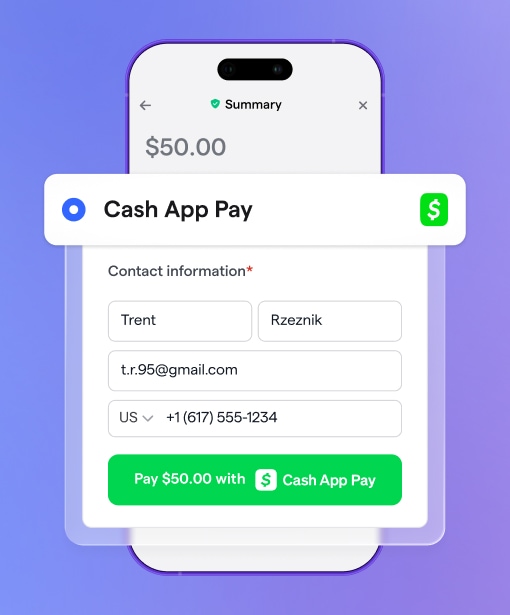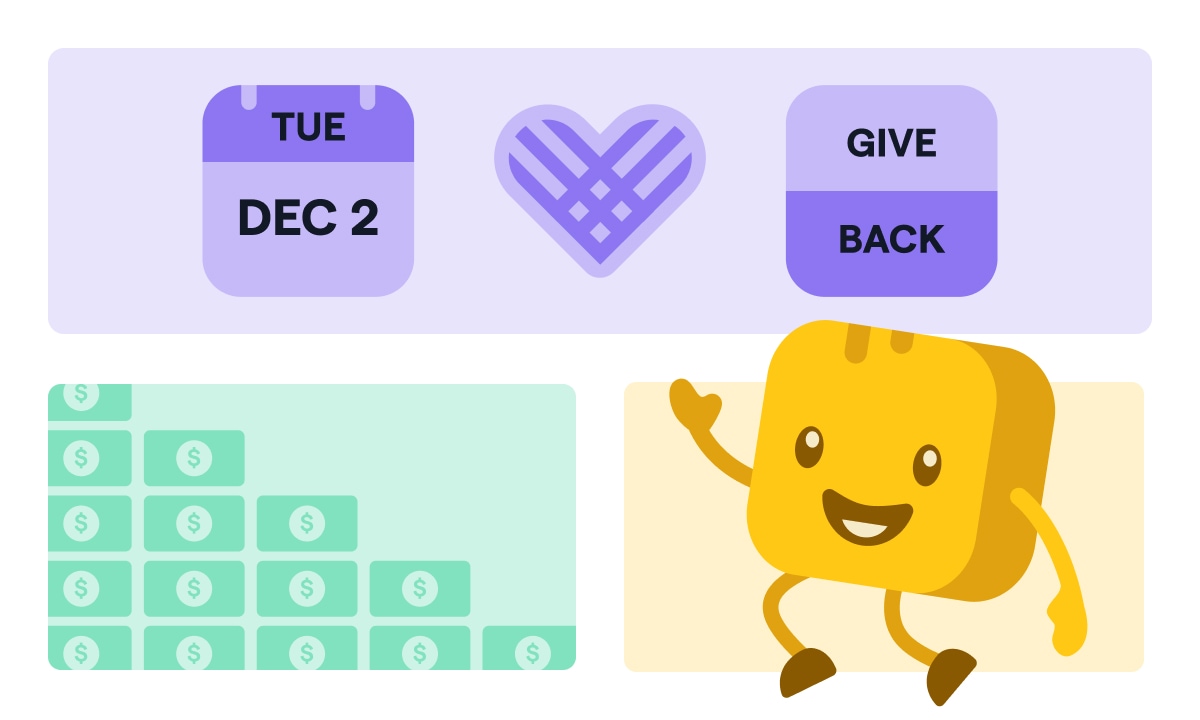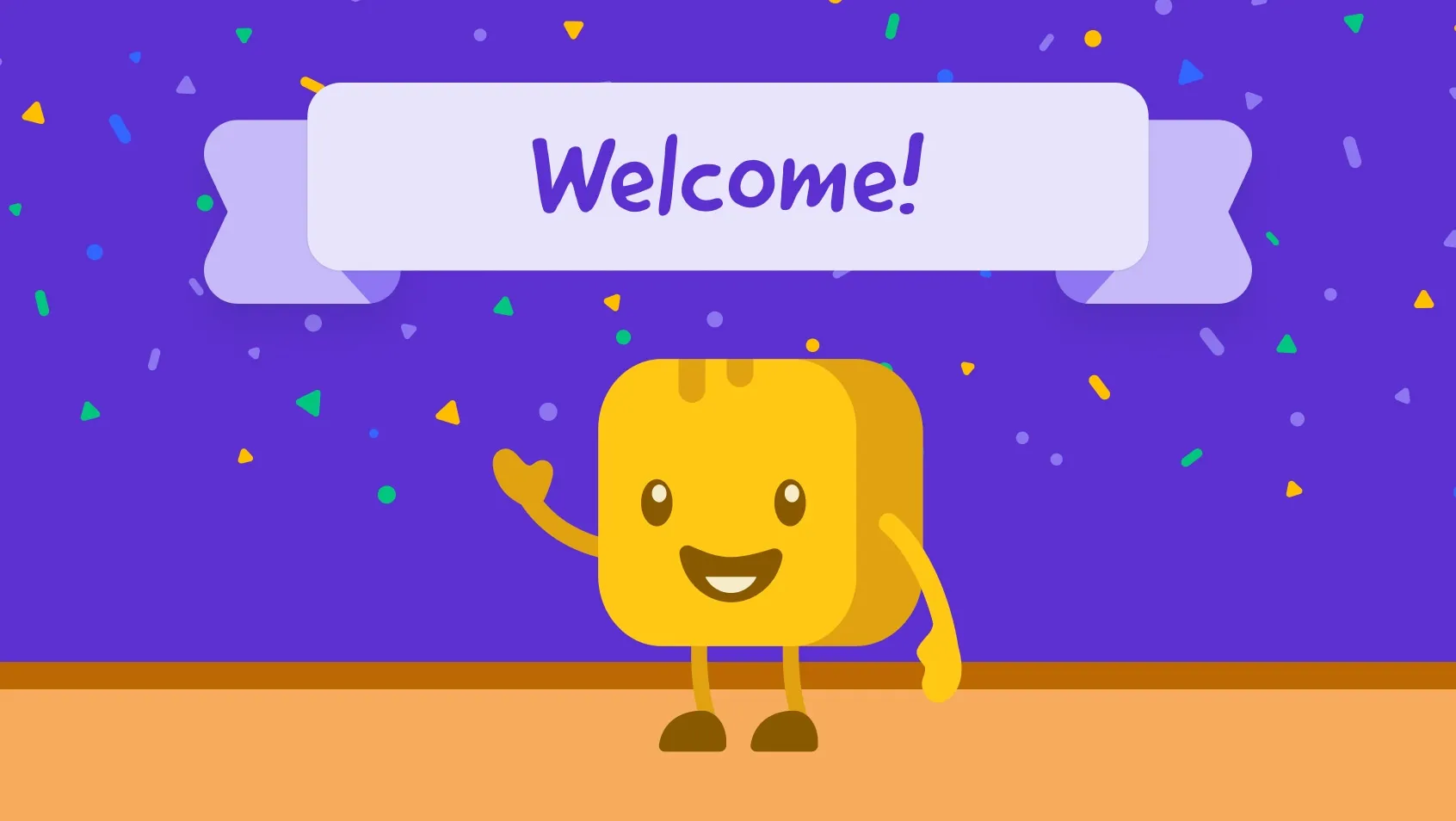Table of contents
Table of contents
Even for seasoned nonprofit development directors, donor prospecting remains one of the toughest fundraising challenges.
The biggest hurdles? Limited touchpoints to connect with potential donors, gaps in donor data, difficulty identifying donors who are ready to give, and challenges reaching the right people.
In this guide, we’ll walk you through proven donor prospecting methods and strategies to help you identify loyal supporters and boost your fundraising efforts.
What is donor prospecting?
Donor prospecting is the process of reaching out to new donors to support your cause. At its core, donor prospecting is no different than sales and marketing—it involves research, outreach, and (hopefully!) converting new donors.
The Association of Professional Researchers for Advancement (APRA) defines prospect development as:
The strategic arm of an organization’s fundraising operation, focusing on prospect pools and pipelines. Prospect development professionals collaborate with gift officers and development leaders to ensure fundraising efforts are focused on working with the right donors for the right gifts at the right time (and in many cases, with the right initiatives).
The power of prospect research in your fundraising strategy
When you mix your prospecting campaign with a data-driven research strategy, your nonprofit can raise more funds. This gives you a strong edge in fundraising.
Prospect research helps development professionals focus their efforts, ensuring time and resources are spent on the most promising donors. Organizations that do good prospect research often keep more supporters. This is because they connect with people who truly care about their mission.
Best methods to identify and research donors
The key difference between successful fundraising programs and less successful ones is their donor research strategy.
Here are four research methods that deliver the most actionable insights:
Wealth screening & capacity Indicators💰
Wealth screening helps you adjust your outreach strategy based on a prospect's financial ability. This ensures you ask for the right amounts and use the best engagement methods.
Key capacity indicators:
- Asset portfolio 🏢 Real estate holdings, stock ownership, business affiliations
- Professional background 👔 Career history, executive positions, board memberships
- Philanthropic history 📊 Previous donation amounts, giving patterns, and charitable interests
For example, a donor with several valuable properties and large stocks needs a different approach compared to someone who mainly gives through workplace campaigns.
💡 Pro tip: Use Givebutter’s DonorSearch integration to identify and prioritize top donors with reliable wealth indicators and giving history.
Behavioral data & engagement 🗓️
Numbers don't lie—one of the fastest ways to understand your donors is to analyze their behavioral data.
When donors consistently attend events, volunteer, or advocate within their networks, they demonstrate a depth of engagement that strongly correlates with long-term giving potential.
Key engagement metrics:
- Event participation 🎪 Frequency, types of events attended, and level of involvement
- Volunteer commitment 🤲 Hours contributed, roles undertaken, consistency over time
- Digital engagement 💻 Email open rates, website visits, content downloads, and supporter feed interactions
- Responsiveness 📲 Speed and consistency of responses to communications
- Program participation 🌟 Direct involvement with your nonprofit’s work
💡 Pro tip: Analyze your event attendance data to identify “super-attendees” who have participated in three or more events but haven't made significant donations yet. With personalized outreach, these individuals often convert into major donors.
Affinity vs. capacity ❤️
Financial capacity measures a donor's ability to give. In contrast, affinity indicates their emotional connection to your cause. Without affinity, wealthy donors will rarely become loyal donors.
Key affinity indicators:
- Mission alignment 🧩 Personal connection to your cause (e.g., family member benefited from similar services)
- Shared values 🤝 Demonstrated support for causes with shared values
- Giving history 📜 Pattern of supporting organizations in your sector
- Public advocacy 📢 Visible support or advocacy for related issues
- Social connections 🔗 Relationships with your current donors, board members, or staff
How to create an affinity score:
- Assign point values to different affinity indicators (1-5 scale).
- Weight each indicator based on its predictive power for your nonprofit.
- Set minimum thresholds for different prospect tiers.
- Combine with capacity scores to create a holistic prospect rating.
Map prospects by both capacity and affinity:
- High capacity + high affinity 💰 Major gift prospects: immediate personalized cultivation
- High capacity + medium affinity 📚 Education prospects: deepen connection to mission before hard ask
- Medium capacity + high affinity 🌱 Leadership annual fund prospects: cultivate for consistent, growing support
- Low capacity + high affinity 🤝 Ambassador prospects: engage as advocates and community builders
Public records & social data 📇
Public records and social data provide a wealth of actionable intelligence about donors. With publicly available information about your donors, you can better understand their profiles and match them to fit your ideal donor profile.
Key sources for corporate prospects:
- SEC filings 📑 Corporate giving priorities, executive backgrounds
- Annual reports 📕 CSR initiatives, community involvement
- Press releases 📰 Recent charitable activities and partnerships
- LinkedIn company pages 💼 Employee volunteer initiatives, cause marketing
- Corporate foundation grants databases 💰 Existing philanthropic commitments
Key sources for individual prospects:
- Foundation board listings 📋 Philanthropic leadership positions
- Political contribution records 🗳️ Giving patterns and values indicators
- Real estate transactions 🏠 Property ownership and approximate valuation
- Social media profiles 📱 Personal interests, network connections, life events
- Local news coverage 📰 Community involvement, recognition, and achievements
Proven strategies for cultivating donor prospects
You've successfully identified promising prospects with both the capacity and affinity to support your cause. Now comes the critical donor cultivation phase, where many nonprofits lose potential donors through generic outreach and premature asks.
Implement these research-backed strategies to transform prospects into committed supporters:
1. Warm Introductions and strategic networking
Never surprise a donor with an ask—make friends first.
Warm introductions create an immediate foundation of trust by leveraging existing donor relationships.
How to get started:
- Identify board members, volunteers, or current donors who have connections to your prospects.
- Create structured opportunities for natural introductions at events.
- Develop a "connector" program where loyal supporters formally introduce prospects to your nonprofit.
- Follow up within 48 hours of any introduction with personalized communication.
2. Personalized outreach
48% of donors say that regular email communications are most likely to keep them engaged and inspire repeat donations. However, it's not just regular emails—they want personalized ones.
Donors don't just want personalization; they require it.
As popular American author Dale Carnegie says, "Remember that a person's name is to that person, the sweetest and most important sound in any language.”
How to get started:
- Address prospects by name (both in salutations and within content).
- Reference specific interests identified during research.
- Acknowledge any previous interactions or connections.
- Tailor content to match their philanthropic motivations.
- Segment communication based on prospect characteristics.
💡 Pro tip: Implement a tiered nurture campaign that delivers progressively more specialized content as prospects engage with your nonprofit.
3. Provide value first
Before making any financial request, demonstrate your nonprofit’s impact and establish credibility. This approach builds trust by prioritizing relationship-building over immediate transactions.
How to get started:
- Host exclusive virtual tours showcasing your work firsthand.
- Provide expert insights or research reports related to your cause.
- Create opportunities to meet your organization’s leadership.
- Share impact stories that align with the prospect's specific interests.
- Invite participation in non-financial ways (e.g., volunteer opportunities, advisory roles).
📊 Key metric: Track engagement-before-ask rates. Aim for a minimum of two to three meaningful value interactions before any financial ask.
4. Strategic ask progression
The art of the ask requires careful timing and appropriate escalation from soft to hard requests.
Soft asks invite participation without financial pressure:
- "Would you be interested in learning more about our summer program?"
- "We're assembling a focus group of community leaders—would you consider participating?"
- "Could we share our quarterly impact report with you?"
Hard asks make direct, specific financial requests:
- "Would you consider a gift of $5K to support our scholarship program?"
- "Can we count on you to join our leadership circle with a donation of $10K?"
- "Would you be willing to sponsor our annual gala at the $25K level?"
How to get started:
- Begin with participation requests (events, information)
- Move to low-commitment support (small donations, membership)
- Progress to specific program support
- Cultivate toward major gift opportunities
💡 Pro tip: Tailor each fundraising appeal specifically to the individual. Personalize your “ask” by using their name and resonate with their values and interests to show you care.
Start a donor prospecting campaign in 6 steps
Donor prospecting isn't just about finding people with money—it's about discovering partners who believe in your mission. These six steps will transform strangers into stakeholders:
1. Craft your pitch ✍
Before you begin any outreach, write your pitch. If your supporters fall into different segments (e.g., you’ve identified multiple donor personas), create several versions to best pique their interest.
To write your pitch, ask yourself questions like:
- What attracted you to your organization’s cause in the first place?
- What change or impact does your organization wish to make in the world?
- How will your organization use donor contributions in the future?
- Who does your organization help the most, and why is that important?
2. Conduct prospect research 📈
When it comes to donor prospect research, there are two main approaches: DIY and using research tools. Here’s how to tackle each:
👉 DIY: If you prefer the do-it-yourself route and don’t want to invest in too many tools or a donor prospect research consultant, start by brainstorming individuals or groups who might be willing to donate to your cause. Consider these factors when conducting your donor research:
- Geographic location
- Relevant interests associated with your cause
- Demographics
- Education level
- Philanthropic history
- Affiliations
- Ability to give (or wealth capacity)
👉 Prospect research tools: For organizations that want to leverage some tools to help with their research, here are a few resources to keep in mind:
- Donorsearch: Use robust wealth screening tools, like Donorsearch, to better understand the giving capacity of prospective and existing donors.
- Lexis-Nexis: Find real estate data, addresses, phone numbers, possible past employment and education information, company details, and more.
- iWave: Search for foundation and corporate giving, individual donations, property and stock transactions, board affiliations, and business information.
- Foundation Directory Online: You can set up alerts and track grant opportunities. Search for funders using filters like name, location, and interests.
- Google Alerts: Receive notifications to stay updated on industry trends and prospect news.
3. Write a potential donor list 📒
With your research done, it’s time to identify donor prospects and create one comprehensive list. When writing your list, separate the following:
- In network 🤝 In-network donor prospects are those you know personally or have a direct connection with. They are your low-hanging fruit and may be easier to convert into donors.
- Out of network 👋 Out-of-network donor prospects are those with whom you don't have a direct affiliation, making them a bit more challenging to reach and convert. For these prospects, you may need to put in some extra legwork.
4. Ask for referrals 👯
Each year, poll your current donors and most loyal volunteers to ask for donor referrals.
Instead of asking, “Do you know anyone who might donate?” try, “Who do you know who shares your passion for [specific aspect of your mission]?”
Your current supporters and volunteers care deeply about your organization. They probably know others who share your values and would gladly donate.
5. Track your progress 📌
Donor solicitation often requires multiple team members and communication channels. Log all data in a donor database to track your progress and avoid asking the same person for donations twice. There, you can track:
- Donor activity
- Donor communication (emails, texts, etc.)
- Donor contact information
- Donor communication preferences
💡 Pro tip: Use Givebutter to centralize your donor database, email marketing, and fundraising platform. This way, you can track all communications with prospects in one location.
6. Don't forget to follow up 📲
When conducting prospect outreach, remember to follow up. Typical follow-ups might include:
- Text
- Social media message
- Phone call
- Letter
A follow-up call or email is not annoying or rude (if done correctly). People are busy and might not have noticed, read, or had time to respond to your first touchpoint.
Common donor prospecting mistakes (and how to fix them)
Steer clear of these mistakes, and you’ll stand a much higher chance of converting your prospects into recurring, loyal donors.
Relying too much on wealth data and ignoring engagement
The mistake: Many organizations prioritize prospects solely based on wealth markers while overlooking critical engagement signals that indicate genuine interest and commitment.
Why it matters: High-capacity prospects who do not show interest often do not become committed donors. This leads to wasted resources and missed chances with motivated mid-level supporters.
The solution: Implement a balanced scoring system that weighs both capacity and engagement metrics:
- Create a 1-5 scale for both financial capacity and engagement level
- Require a minimum engagement score for inclusion in major gift pipelines
- Track engagement trends over time, not just single interactions
- Prioritize prospects showing increasing engagement, regardless of initial capacity rating
Neglecting data hygiene and CRM management
The mistake: Operating with outdated, duplicate, or incomplete prospect data leads to ineffective outreach and missed opportunities.
Why it matters: Donor data can decay as much as 30% each year! Maintaining clean, up-to-date donor data is crucial for building effective campaigns.
The solution: Implement a systematic data maintenance protocol:
- Conduct quarterly data audits to identify and merge duplicate records
- Establish mandatory fields for all prospect profiles
- Create automated workflows to flag outdated donor information
- Implement verification processes before major asks
- Invest in integrated donor management CRM solutions like Givebutter that streamline data management
When Unless U implemented this solution, it resulted in a tremendous increase in online giving, raising over $111K in donations on Givebutter in less than a year!
Abandoning prospects after initial outreach
The mistake: Many organizations make a single outreach attempt and then abandon prospects who don't immediately respond.
Why it matters: It's tempting to turn down a prospect when they don't respond to your initial outreach. But the truth is that you miss out on 100% of the donors whom you refuse to follow up with.
The solution: Develop a structured multi-touch outreach plan:
- Create a minimum three-point contact sequence for each prospect segment
- Vary communication channels (email, phone, social, mail) across touchpoints
- Space contacts out (typically 10-14 days apart)
- Provide unique value in each communication
- Track response patterns to identify optimal timing and channels
Example framework:
- Initial introduction email 📧
- Connect on professional social platforms (1 week later) 🔗
- Follow-up with relevant content piece (10 days later) 📄
- Phone call with specific purpose (10 days later) 📞
- Mail physical information package (2 weeks later) 📦
- Invitation to relevant event (within one month) 🎫
Overlooking small or mid-level donors with high affinity
The mistake: Focusing exclusively on wealthy prospects while neglecting consistent mid-level supporters with strong mission alignment.
Why it matters: Mid-level donors provide stable, consistent support when major donors lapse. In fact, over half have been donating for more than a decade.
The solution: Create a dedicated mid-level donor program:
- Define your nonprofit’s mid-level giving range
- Identify current donors with consistent giving patterns
- Analyze engagement metrics to identify high-affinity supporters
- Develop specialized cultivation tracks for this segment
- Create upgrade pathways with clear value propositions
Success indicators: Track retention rates, giving frequency, and lifetime value within this segment to demonstrate program effectiveness.
💡Pro tip: Segment your database using donation history, gift patterns, and engagement metrics to identify and understand your mid-level donor group precisely.
Measuring success: is donor prospecting worth it?
Yes! Donor prospecting is worth it. It’s the bedrock of successful fundraising.
When measuring success, each nonprofit will focus on different metrics. Here are the key ways to measure your donor prospecting efforts:
- Conversion rates: The percentage of prospects who become first-time donors
- Engagement rates: The email opens, click-throughs, social media interactions (likes and shares), event attendance, and participation in online webinars
- Cost per donor: Total costs divided by new donors acquired over time
Effective donor prospecting creates the foundation for your entire fundraising ecosystem. By identifying prospects with both capacity and affinity early, you build a segmented donor base that can be cultivated toward increasingly significant gifts.
Elevate your prospecting campaign with Givebutter
Donor prospecting is about finding potential supporters and making a strong impression on them.
With Givebutter—the all-in-one, free fundraising platform—nonprofits can access hundreds of powerful tools and features. From automated thank yous to text-to-donate functionality and a built-in CRM, Givebutter helps you bring in more donors than ever.

Take donor stewardship to the next level
Ready to reach your fundraising goal? Sign up for a free Givebutter account today and see why thousands of nonprofits choose Givebutter as their fundraising hub.
FAQs: Top questions about donor prospecting
What is a donor prospect?
A donor prospect is a potential donor who meets specific criteria indicating both the ability and likelihood to give.
What is prospecting in fundraising?
Fundraising prospecting is the process of identifying and reaching out to potential donors to generate financial support for your nonprofit’s mission.
How do I find prospective donors?
To find prospective donors, first define your ideal donor persona by analyzing your existing donor base to identify key characteristics.
Next, if you’re targeting corporate prospects, use data providers like Crunchbase to generate a list of potential partners. For individual prospects, use LinkedIn’s filters to search for professionals in relevant roles.
How do you prospect for major donors?
Major donor prospecting requires a strategic, personalized approach:
- Define what qualifies as a major gift for your nonprofit. For many organizations, this starts at $5K or more.
- Screen your existing database to identify prospects with a consistent giving history.
- Research wealth indicators through prospect screening companies, public records, involvement with similar missions, and philanthropic interests.
- Develop tailored engagement plans with at least 7-10 meaningful touchpoints before making an ask. Focus on their specific interests and how their support can create lasting impact.
.svg)






%20(1).png)














.png)



